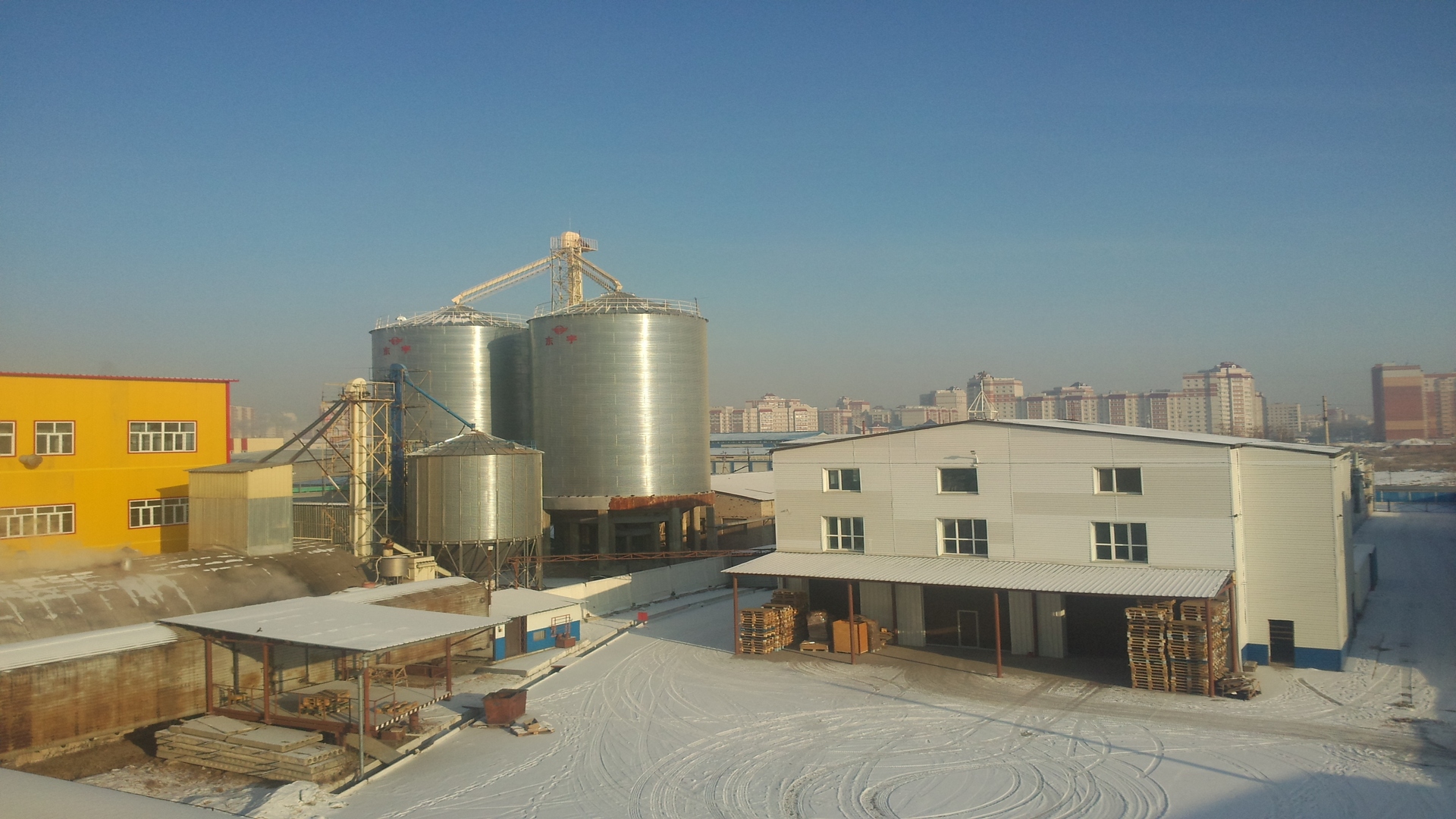
For global procurement professionals navigating the edible oil market, understanding the meticulous journey from raw soybean to high-quality soybean oil is key to making informed decisions. Soybean oil production is a multifaceted process that combines advanced technology, precise equipment, and stringent quality controls to deliver a product trusted by millions worldwide.
This deep dive explores each crucial phase of soybean oil production, spotlighting the essential equipment, industry-leading techniques, and rigorous standards that drive excellence and consistency. Let’s embark on this industrial voyage to see how raw soybeans transform into a versatile oil prized for both culinary and industrial applications.
The journey begins with sourcing premium-grade soybeans, which undergo thorough cleaning to remove impurities such as stones, dust, and plant debris. This step is critical; even minimal contamination can impact oil purity and extraction efficiency.
Modern cleaning systems employ vibration sieves, magnetic separators, and air classifiers to achieve near-perfect cleanliness. Our facility’s cleaning efficiency stands at an impressive 99.8%, ensuring a pristine raw material base for downstream processing.
The cleaned soybeans next pass through dehulling machines that gently remove their outer shells. Dehulling enhances oil yield and quality by reducing hull fiber interference and optimizing subsequent extraction stages.

Post-dehulling, soybeans are crushed into flakes using roller mills. The flaking process increases surface area, facilitating better solvent penetration during oil extraction. Our roller mills operate with precision controls to maintain optimal flake thickness (typically 0.2-0.3 mm) to maximize oil release.
The crushed flakes are subjected to solvent extraction, typically using hexane, to recover the majority of the oil. Our extraction units utilize counter-current technology to improve contact efficiency, enabling oil yields exceeding 98% of the available content.
After extraction, solvent is recovered through distillation and recycled, underscoring the process’s eco-responsibility and cost-effectiveness. The system adheres to strict environmental and safety standards, minimizing residual solvent in the final oil.
Crude soybean oil contains impurities like free fatty acids, phospholipids, and pigments that must be removed. The refining process includes degumming, neutralization, bleaching, and deodorization stages – each employing sophisticated equipment and finely-tuned parameters.
Our refining lines maintain oil acidity below 0.1% free fatty acids and achieve lightness and clarity standards demanded by international buyers. This commitment to quality control ensures the oil’s shelf stability and sensory appeal.
Soybean meal, the solid residue left after oil extraction, is a nutritious byproduct widely used in animal feed and food-grade soy protein applications. Efficient utilization of byproducts highlights the company’s dedication to sustainability and resource optimization.

Our integrated processing approach ensures not only high-quality oil production but also maximizes economic value by channeling byproducts into high-demand markets.
Throughout every stage, from raw material intake to finished product dispatch, strict quality controls are enacted. Our state-of-the-art laboratories continually monitor critical parameters such as moisture content, oil acidity, and contaminant levels to guarantee product consistency.
The integration of cutting-edge extraction and refining technologies underscores our company's rigorous approach to process optimization and product excellence. We proudly serve as a reliable partner for global buyers seeking soybean oil that meets the highest safety and quality benchmarks.

Ready to partner with a trusted supplier who embodies expertise, innovation, and quality rigor in soybean oil production?
Experience the difference that professional craftsmanship and dedicated quality control bring to your supply chain.

